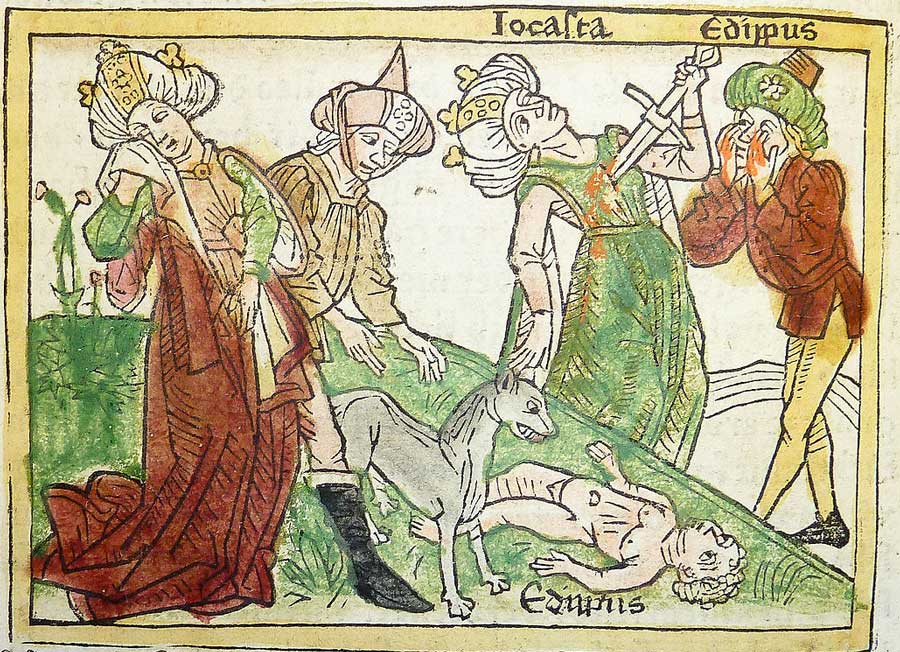Virtues and Vices

From Notre Dame Philosophical Review:
Hamilton treats the classic so-called paradox of tragedy — why do we enjoy representations of horrible things? — by suggesting, following Nietzsche, that we may resonate to the glories of poetic language and take comfort in “an illusion about the nature and value of suffering” as somehow ennobling or educative (p. 78). But his larger argument focuses more on tragic suffering within ordinary life than on artistic representations. Here his central claim is that it is obvious on the face of it, as well as driven home more dramatically by Auschwitz, that there is a great deal of suffering in ordinary life that “is sometimes, perhaps often or even always, simply banal or squalid or futile or just plain awful” (p. 76). Christianity rightly registers this fact, while offering a solution in which we can no longer believe. “The Christian diagnosis of our [broken, divided] condition is correct but its redemptive power is exhausted” (p. 55). In light of the wretched facts of ordinary life, grandly horrific or banal, as well as of Darwinism, historicism, and a general sense of the disenchantment of the world, we should simply accept that “the human condition is tragic” and that “human beings are not at home in the world” (p. 3).
Not only Christianity, but also most explanation-seeking religion, metaphysics, and philosophy amount to nothing more than “elaborate system[s] of denial about the truth of our condition” (p. 10). Philosophy, for example, “wants things to make sense, and tragedy says that they do not” (p. 121). In general, human beings, thrown into inevitable suffering and caught between conflicting needs for both peace, harmony, and security, on the one hand, and activity, movement, and disruptive animation of interest, on the other (p. 42), are prone to indulge in illusions about possibilities of living well. (“It just is part of our condition as [suffering and self-divided] human beings to wish to escape that condition” [p. 30]). We ordinarily know what we’re doing — feeding the cat, painting the house, or writing a book review, say — but also fail to know our most fundamental motivations in living within illusions about possibilities of happiness and meaning (p. 45). In fact, we all do or should realize that “our life has become hopelessly compromised” (p. 43) and that, as T. S. Eliot put it, “the best of a bad job is all any of us make of it” (cited, p. 116).
We might hope at least to identify skills and virtues for coping comparatively well with our situation. But while there are sometimes relevant skills and virtues available within particular contexts, there is no general, objective story that can be told about virtue in general. The virtues are significantly plural, contextual, and fundamentally conflicting, so that any general story will inappropriately overvalue some virtues and undervalue others. One might hope to do better by describing a specific form of social or political life that required a specific set of virtues, but this would require “a justification for a particular political system” (p. 103) that it is impossible to provide, and in any case “virtues and vices differ only in degree” (131), since your humility may be my lack of daring, my insight your fanaticism.
“Review: A Philosophy of Tragedy”, Richard Eldridge, Notre Dame Philosophical Review







